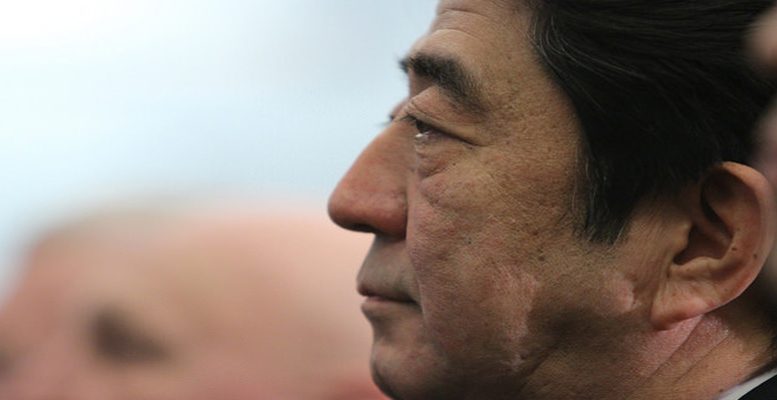Japan’s Prime Minister, Shinzo Abe, called a snap election on Monday, cashing in on the increase in popular support for his hard line against North Korea’s ballistic missile programme.
The vote for the powerful lower house of parliament will be over a year earlier than expected and comes amid heightening tension in the region.
In a televised press conference, Abe said he would resign as prime minister if his party failed to win a majority.
Mark McFarland, Chief Economist for Asia at Union Bancaire Privée (UBP) noted that earlier in the year, support for Abe had declined “due to a series of scandals and their repercussion in the press.”
That said, Abe is starting his election campaign from a position of strength. His ruling Liberal Democratic Party (LDP) and its coalition partner already control two-thirds of Japan’s parliament.
McFarland explains that the LDP is likely to focus on three issues:
“Speed up changes with the aim of leaving the current pacifist Constitution behind; contain the tide of a new opposition party founded by the governor of Tokyo, Yuriko Koite; and increase the number of votes from young people by offering government subsidies, particularly in the area of education.”
Abe has already announced he will obtain the funds required by increasing VAT from 8% to 10% and will earmark $18 billion for young people’s education.
Julius Baer Chief Currency Strategist, David Kohl, describes the early election call in Japan as a “political gamble.” He points out:
“The timing is favourable given the solid economic backdrop in Japan, some improvement when it comes to corporate governance of Japanese companies and the military threat by North Korea, which makes the rearmament of Japan, on Abe’s agenda, a sensible idea.”
The snap elections are accompanied by “a shift to a more debt-financed fiscal policy and a dovish central bank deteriorating the outlook for the Japanese yen,” Kohl adds.
But he also says the geopolitical risk from “North Korea’s sabre-rattling” is still the main reason for not being overly negative about the yen.
“The currency tends to profit as a safe haven from rising geopolitical risks,” he notes.
UBP’s McFarland flags that if Abe is re-elected, this will have a positive impact for defence sector companies and those related to education, which will benefit from “an increase in spending.”
He adds, however, that there “is little or nothing in these measures which will improve Japan’s long-term growth or help the country to reach 2% inflation.”
“At the moment, Japan’s economic growth rates are outpacing estimates and we expect this to continue. The absence of inflation means there will be no quick change in monetary policy, bringing it in line with the strategies of the Fed and probably the ECB. For this reason, we are overweight in Japanese stocks in our portfolios.”





